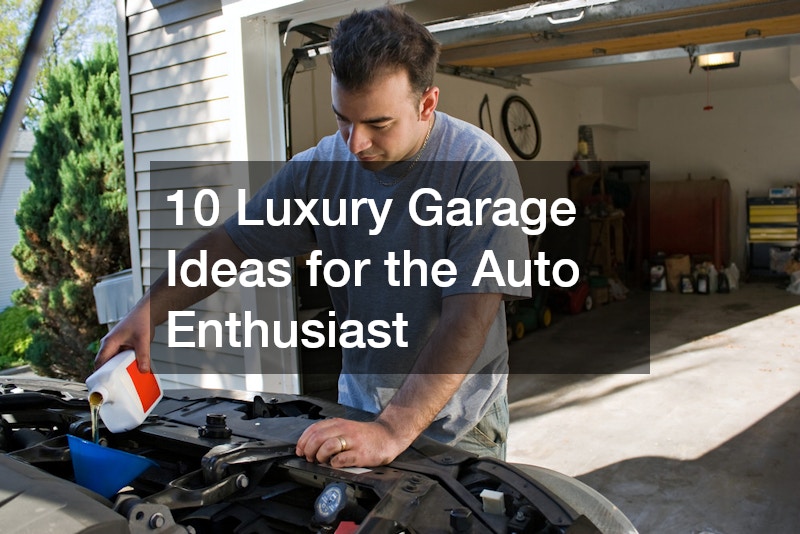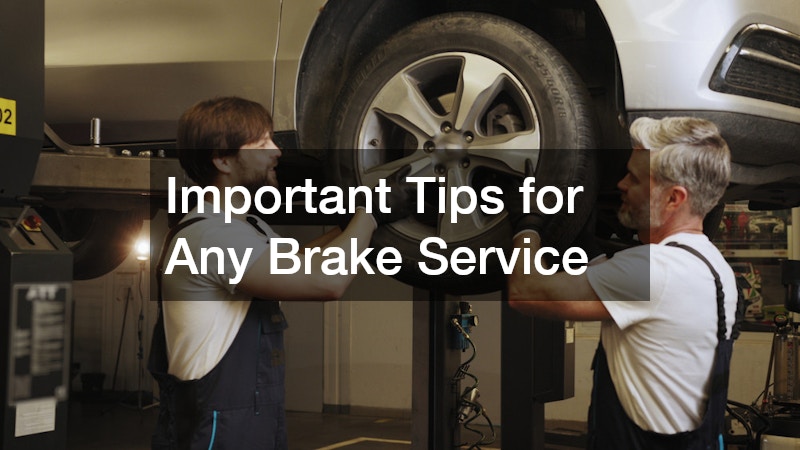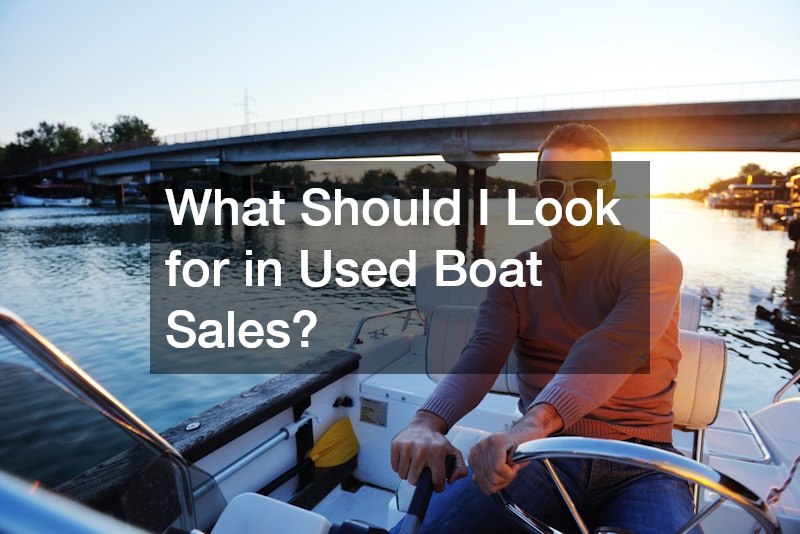Farm vehicles are essential pieces of equipment that help farmers with various tasks on their farms. There are different types of farm vehicles used for different purposes. Before investing in any farm vehicle, get to know the following first.
What to Consider Before Investing in Farm Vehicles
Before investing in farm vehicles, consider the following factors first.
Purpose of the Vehicle
One of the most important things is the purpose of the vehicle. Is it for transporting crops and livestock, tilling and seeding fields, or spraying pesticides and fertilizers? Or do you need one that will help you scout your farm? There are different types of vehicles available depending on what you need them for.
For example, if you need a vehicle for transporting crops, you might want to invest in something like a tractor with a dump trailer. This type of vehicle can easily haul large loads of crops from one place to another. If you need a vehicle for tilling and seeding fields, you might want to get a combined harvester to quickly and efficiently till and seed large areas of land.
Size of Farm
Another thing to consider is the size of your farm. How many acres do you need to cover? What kind of terrain do you have? Farm vehicles come in all shapes and sizes, so you need to ensure you get one that’s the right fit for your needs.
If your farm is smaller, something like an ATV might be more suitable. This is since it can maneuver in tight spaces and is more versatile. If your farm is larger, something like a tractor would be more beneficial since it can cover more ground and haul more weight.
When covering larger territories and different terrains, you can also consider Utility Terrain Vehicles or UTVs. Thankfully, finding the right provider is now easier, thanks to the internet. Finding a reliable UTV dealer can help you find the perfect vehicle for your needs.
Budget
And finally, think about your budget. Farm vehicles can be expensive, so make sure you have a realistic idea of how much you’re willing to spend. There are many financing options available for farm vehicles, so if you cannot pay for one outright, you can look into financing options.
You can also check with your local government for any grants that might be available. You might be able to get a new farm vehicle with little to no cost out of pocket.
New Purchase or Farm Vehicle Lease
The first thing you need to decide when farm it comes to vehicles is whether you want to purchase or lease them. There are pros and cons to both options.

Purchasing farm vehicles gives you more control over them. You don’t have to worry about making payments after the lease is up. You can also guarantee that you are the sole owner of your farm vehicles at the end of the day.
But then, buying new farm vehicles meant that you had to front the entire cost of the vehicles. You also need to keep up with maintenance and repairs, which can be expensive.
Leasing farm vehicles gives you more flexibility. You’re not tied down to one vehicle or make and model. You can also upgrade your fleet more easily as your business grows.
The downside to leasing is that you don’t own the vehicles outright. You’ll also have to make payments even if you’re not using the vehicles. And if you decide to end your lease early, you may have to pay a penalty fee.
Major Considerations Before Renting Farm Vehicles
If you decide that leasing or renting farm vehicles is the best option for your needs, consider some factors.
Lease Terms
When you’re looking at different lease options, be sure to pay attention to the lease terms. How long is the lease? What are the mileage limits? Are there any early termination fees?
Be sure to read through the lease agreement carefully before signing anything. You don’t want to be caught off guard with hidden fees or unexpected charges.
Maintenance and Repairs
Another thing to consider is who will be responsible for maintaining and repairing the vehicles. With leased vehicles, this is typically the responsibility of the lessor. Be sure to ask about maintenance and repair costs before signing a lease or rental agreement.
Insurance
And finally, you’ll need to think about insurance. When you’re leasing or renting farm vehicles, you’ll typically need insurance. Be sure to ask about insurance requirements and costs before agreeing to anything.
Investing in a farm vehicle is a big decision. But if you take the time to consider all the factors, you can find the perfect one for your needs. This will help you save time and money in the long run.





